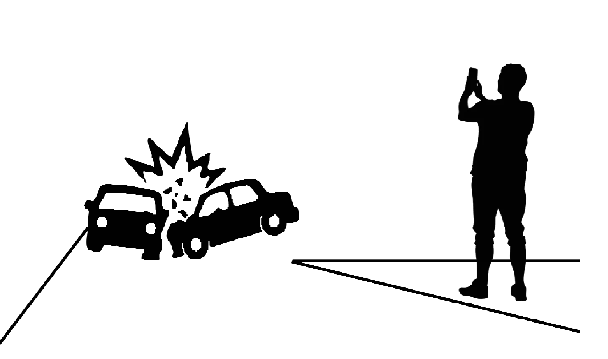Members of a society are expected to demonstrate concern for the well-being of others, to do what they can to advance the common good and generally, to participate in the community of life — Kwame Gyekye.
The Ghanaian culture lays emphasis on communal values such as sharing, helping, caring for one another, interdependence, solidarity, respect, reciprocal obligation and social harmony. This was evident in communities in the past centuries during bereavement, sickness, marriage ceremonies, outdooring and other calamities families (which are basic units of society) experience.
The rationale behind adhering to communal values is to share a social life and seek a common good. In effect, communities serve as support groups that cushion members in times of need.
Contrarily, the communal Ghanaian spirit is on the verge of decline to be replaced by strong individualism characterised by selfish ambition, greed and self-aggrandisement, leading to the capitalisation of every opportunity to project oneself rather than make an impact. The advent of technology and social media, with its merits and demerits, is also worsening the situation, hence a call for us to revisit our good cultural values.
Accordingly, this article draws attention to some current negative practices that have infiltrated society and are being accepted as normal, and the need to eschew them to preserve the good aspects of the culture that make Ghanaians a unique people.
Unethical responses
When calamities befall people, instead of an offer of help from those at the scene, pictures are rather taken and posted on social media platforms without consideration to the feelings of the affected. Individual privacy protection has become almost impossible because people seem to be losing their right to unwanted disclosure – a must for human dignity.
Issues that should be addressed behind closed doors are now openly discussed on television, radio stations and other social media, leading to all manner of people becoming privy to what is happening in people’s inner chambers. Does it mean that the adage “do not wash your dirty linen in public” no longer holds? Is discretion being erased from people’s way of life and from the Ghanaian culture?
Another unethical response to others’ plight is financially exploiting the situation. Examples of such incidences abound, and they need to be addressed. According to a publication on the 2nd of December 2022 on Ghanaweb.com, residents of Lepusi were reported to have siphoned fuel after the clash of a fuel tanker in the Nanumba North municipality. Their objective was to make as much money as possible out of the calamity that had befallen the driver of the tanker and his company.
Also, according to citinewsroom.com, on May 1, 2022, at Kaase, in the Ashanti region, a similar incident happened, where residents, in excitement, rushed to the accident scene of an overturned fuel tanker to siphon fuel from it.
A journalist interviewed one of the community members at the scene and this is what he said: “I was called by a friend and told that our cocoa was ready for harvesting so, I rushed to the scene with my containers to siphon as much as I could. The Police were trying to prevent us, but we found our way around them. Tomorrow, the kids will go to school, so I need the money.
This year, we haven’t seen such accidents, so we were wondering what was happening.”
Several others on the scene of the accident concurred with the interviewee’s response. The community has benefitted from the constant accidents of this nature at that spot, which they called their cocoa season. One wonders what the actual cause is and how authorities plan to fix it. It is horrific for community members to wait in anticipation for fuel tanks to be involved in accidents from which they can benefit.
Other examples abound as in the case of bereavement, where widows and the children of the deceased severally suffer from overwhelming demands of extended family members who exploit the situation to their benefit. Also, is it part of the Ghanaian culture to publicise donations made at funerals and during other occasions? Even Churches/Christians engage in such acts, ignoring what is written in Matthew chapter 6 verses 1 to 4. Marriage rites are not exempt from this canker. To worsen the situation, some so-called prophets make claims of prophesying about an incident before it occurred. Can these be attributed to self-aggrandisement?
Also, we see and hear some journalists telling stories that are not theirs to tell, thereby invading people’s privacy without remorse. What about unethical, noneducative and unedifying TV and radio programmes that promote gossip? Is it possible to consider the Ghanaian value of harmonious living as well as Proverbs 20:19 and 25:9-10 when hosting such programmes?
The issues discussed in this article are just a few. There are other actions people take to exploit others’ weaknesses that space inhibits their mentioning. However, Kwame Gyekye’s admonition is worth noting ― “Members of a society are expected to demonstrate concern for the well-being of others; to do what they can to advance the common good; and generally, to participate in the community of life”.
The writer is a lecturer at Ashesi University, Accra

